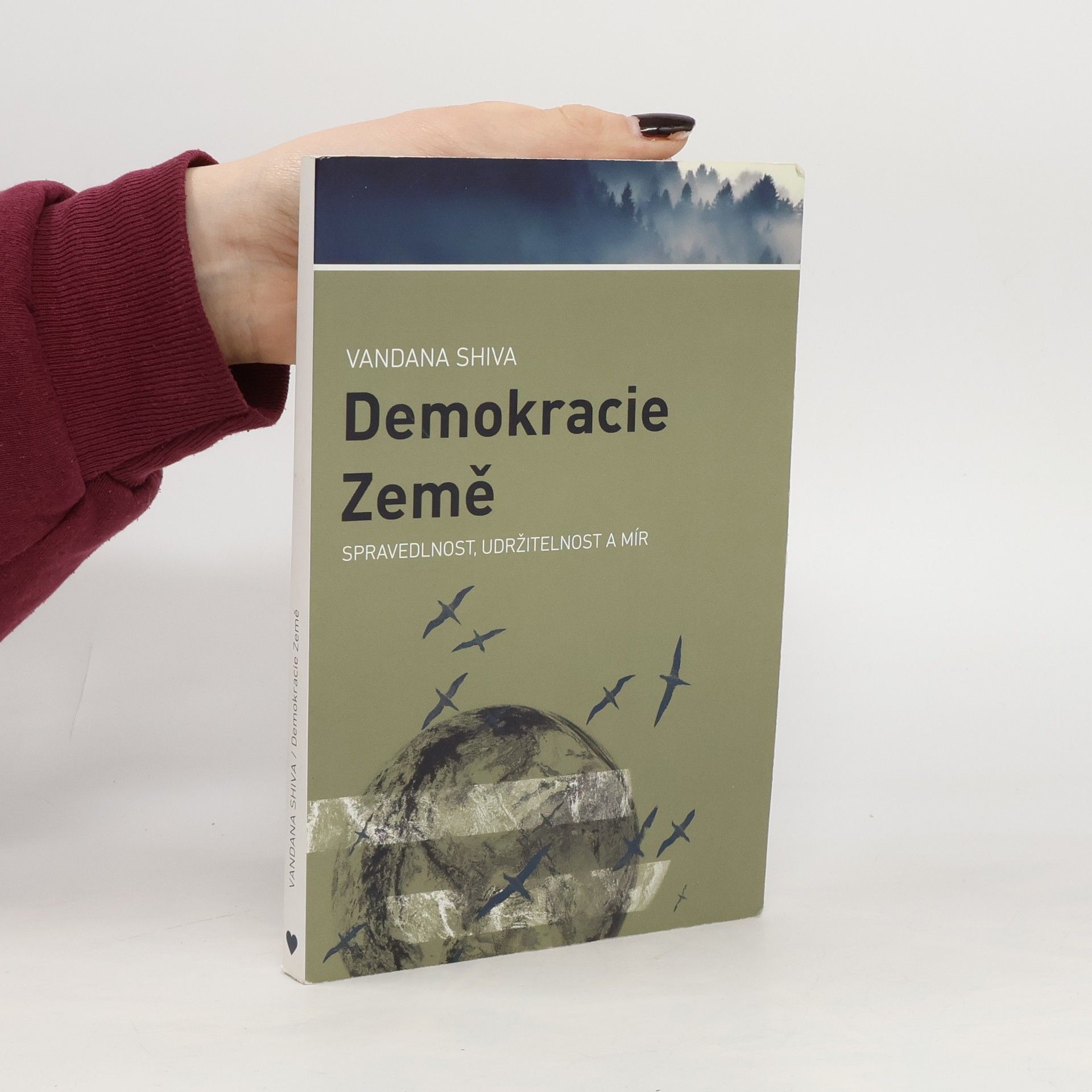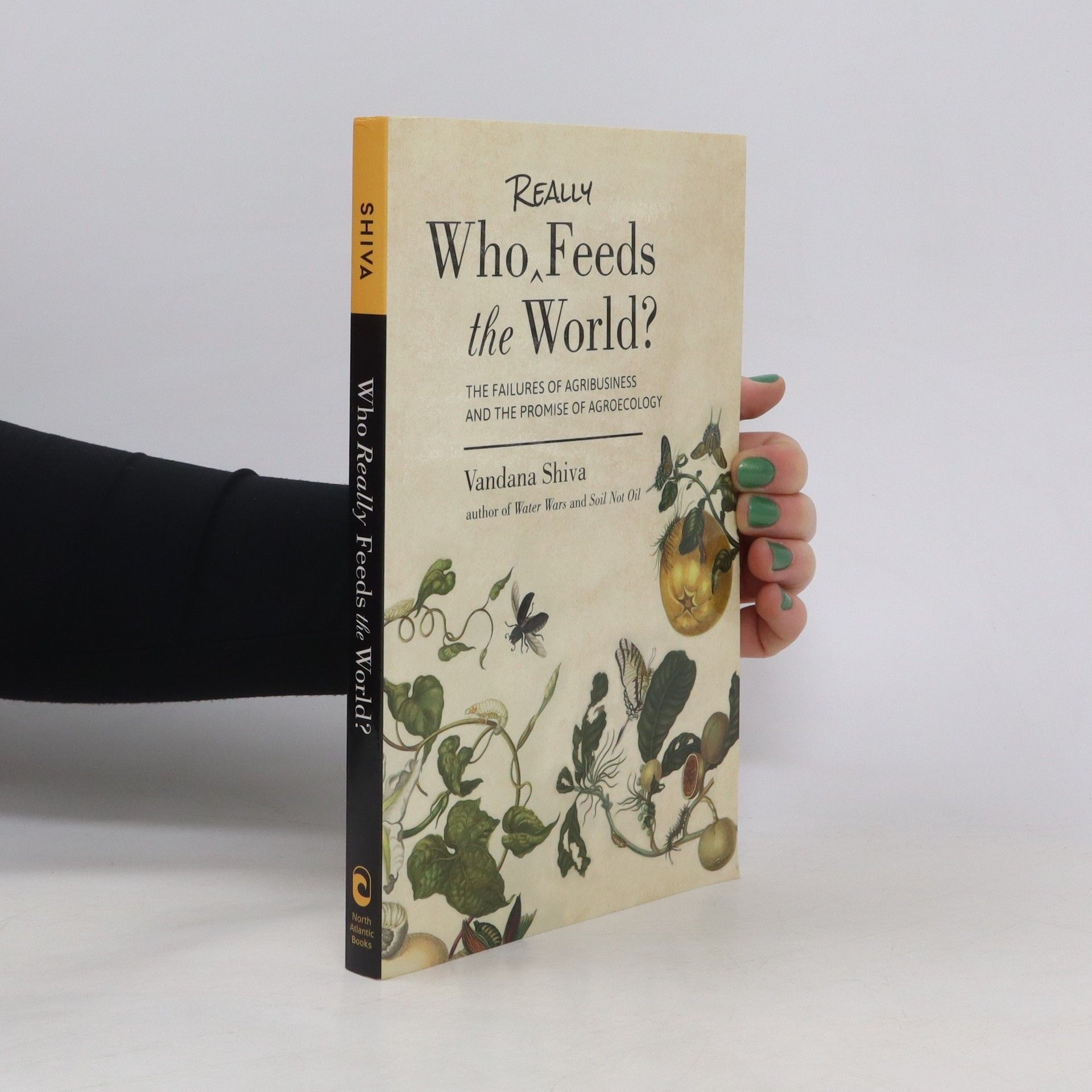Demokracie Země : spravedlnost, udržitelnost a mír
- 244 stránek
- 9 hodin čtení
V knize Demokracie Země Shiva informuje o bojích, kterým pomohla získat celosvětovou pozornost: proti geneticky modifikovaným potravinám, proti zcizování duševního vlastnictví a proti privatizaci přírodních zdrojů. Současně odhaluje, jak tyto zápasy souvisejí s rostoucím přílivem fundamentalismu, se stoupajícím násilím proti ženám a s hrozícím zánikem naší planety. Shiva začíná v minulosti, kdy v 16. století začaly první zábory veřejných pozemků v Británii. Odhaluje, jak se veřejné prostory a statky zmenšují i nadále, neboť přírodní zdroje se čím dál víc patentují a privatizují. Naše ekologická udržitelnost a kulturní diverzita je narušena a také lidský život je vnímán jako postradatelný. V existujících konfliktech zájmů podněcují síly neoliberální globalizace násilí prostřednictvím ekonomického a společenského vyloučení, což ohrožuje životy milionů lidí.








